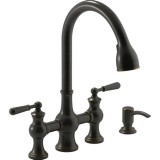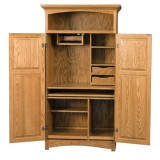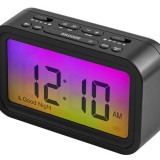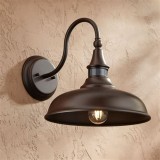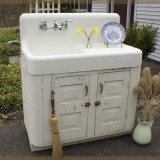Essential Considerations for Local Fire Alarm Panels
Local fire alarm panels play a crucial role in protecting lives and property in the event of a fire. These panels are responsible for detecting and alerting occupants to a fire, initiating an alarm, and controlling fire suppression systems. When selecting and installing a local fire alarm panel, there are several key aspects to consider:
1. Type of Occupancy and Zone Coverage
The type of occupancy significantly influences the selection of a fire alarm panel. Different occupancies have varying fire risks and requirements for zone coverage. For example, residential buildings require a different panel than commercial or industrial facilities. Additionally, the size and layout of the building determine the number of zones required for adequate detection.
2. Detection and Notification Devices
The fire alarm panel serves as the central hub for various detection and notification devices. These devices include smoke detectors, heat detectors, manual pull stations, and audible and visual notification appliances. The panel must be compatible with and support the required devices for the specific occupancy.
3. Power Supply and Backup
Ensure that the fire alarm panel has a reliable power supply. Most panels utilize a combination of AC and DC power sources, including batteries for backup. The backup power system must meet the required runtime standards to maintain the panel's functionality in the event of a power outage.
4. Control and Monitoring Features
Modern fire alarm panels offer advanced control and monitoring capabilities. These features may include remote access, event logging, and integration with other building systems. The panel should have the necessary functionality to meet the specific needs of the occupancy, such as controlling fire suppression systems or interfacing with security systems.
5. Code Compliance and Maintenance
Fire alarm panels must comply with local building and fire codes. These codes specify the requirements for installation, testing, and maintenance. It is essential to ensure that the panel meets all applicable regulations to ensure safety and compliance. Regular maintenance and testing are also crucial to keep the panel operational and reliable.
Conclusion
Selecting and installing the right local fire alarm panel is critical for protecting lives and property. By carefully considering the occupancy, zone coverage, detection and notification devices, power supply, control and monitoring features, code compliance, and maintenance, facility managers can ensure that their facilities are equipped with an effective and reliable fire protection system.

Mild Steel Honeywell Fire Alarm Control Panel For Safety

Plastic Red Conventional Fire Alarm System For Industrial

Og Panels Marine Offshore Local Lcd Control Panel Repeater Mk67000m1

2 Loop Fire Alarm Control Panel

How A Fire Alarm Control Panel Works Nfpa And Ibc Codes

Fire Alarm Systems Protect Your Home Business

Ul Listed Intelligent Addressable 2 Loops 504 Devices Fire Alarm Control Panel Model Dt106 China Made In Com

Chung Mei Fire Fighting Supplier Co Ltd

Control Panels Johnson Controls

Fire Alarm Control Panel Wikipedia

